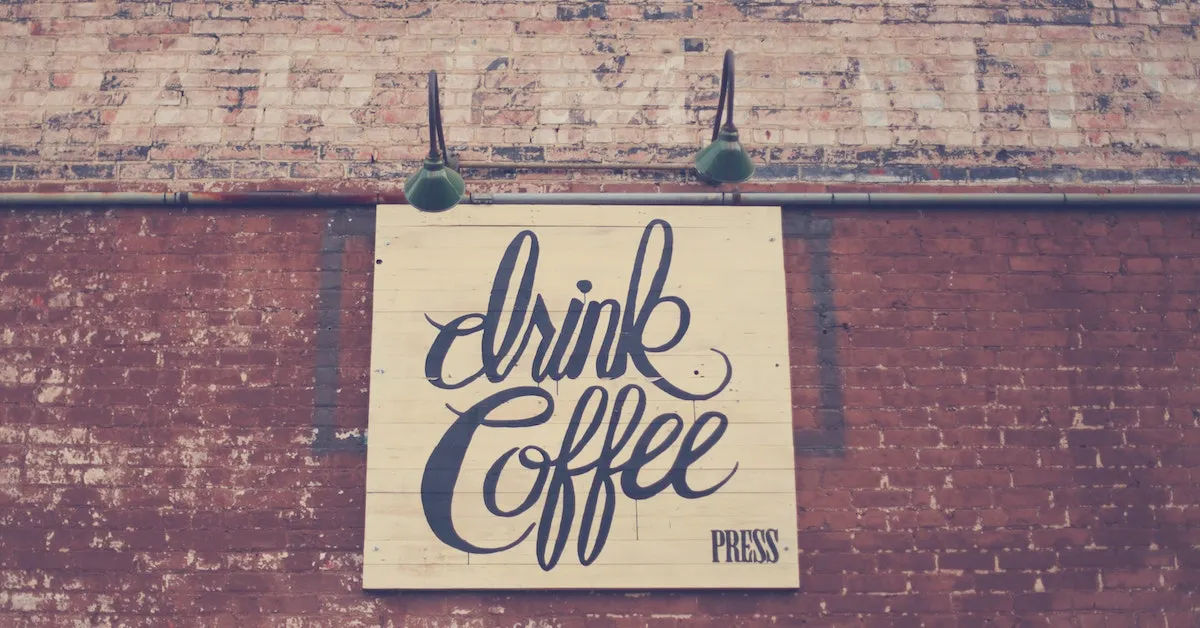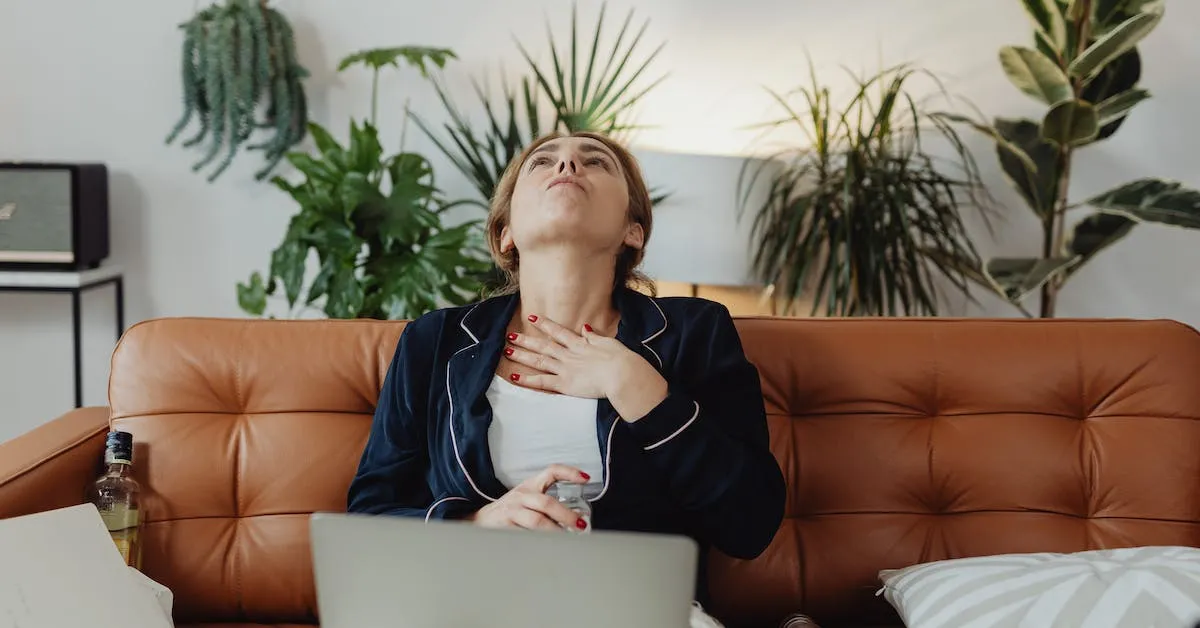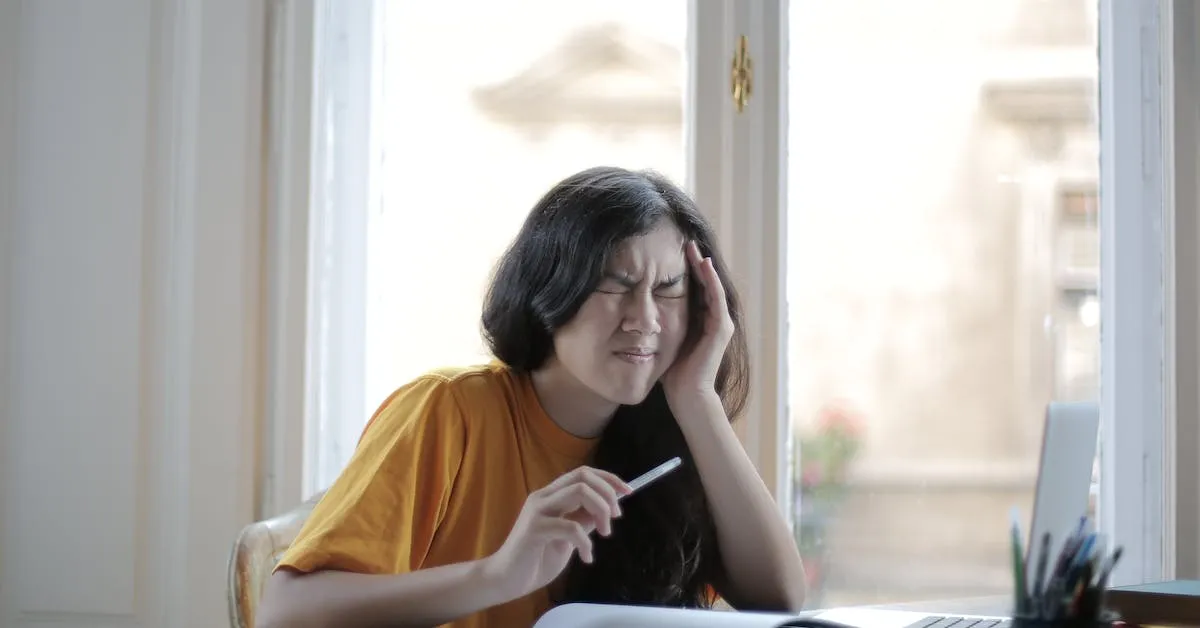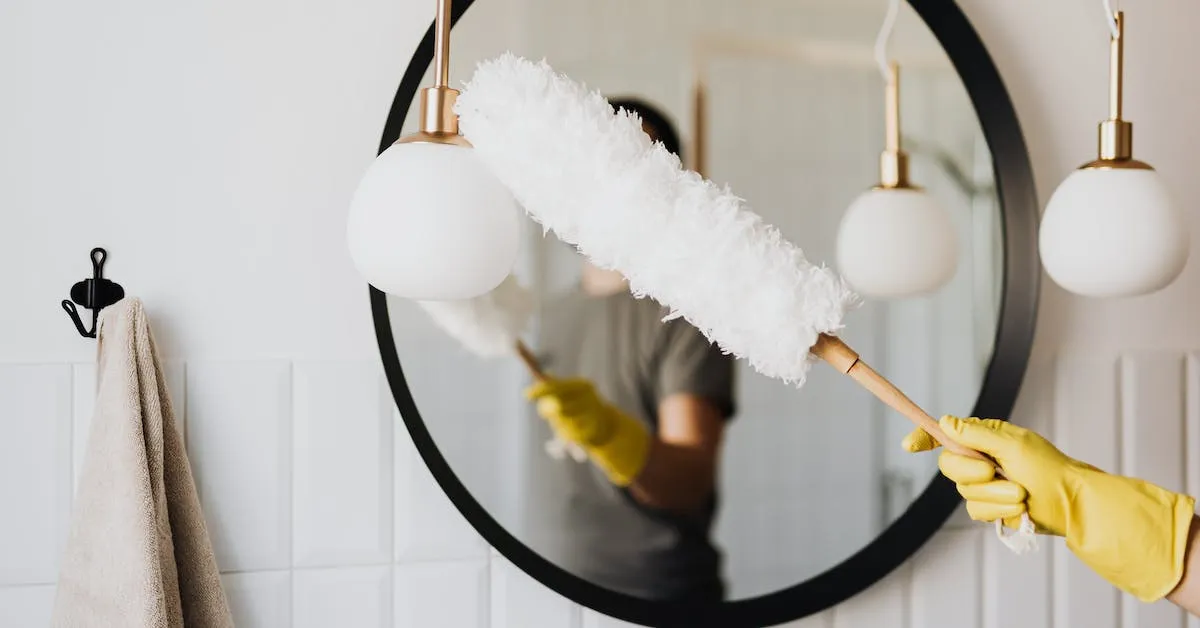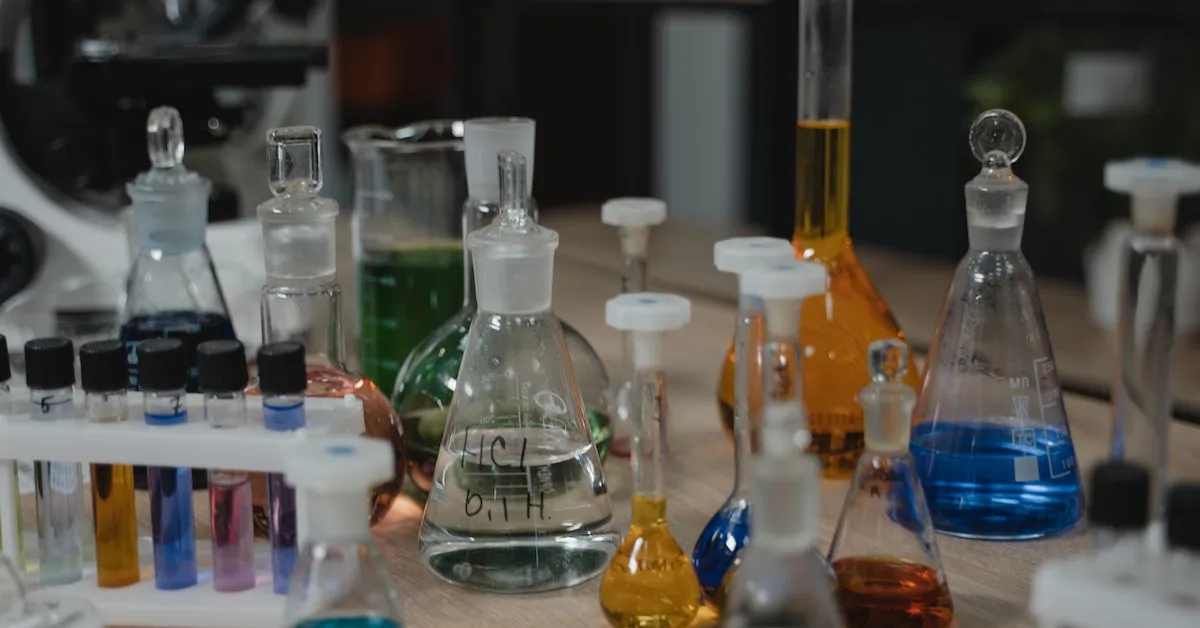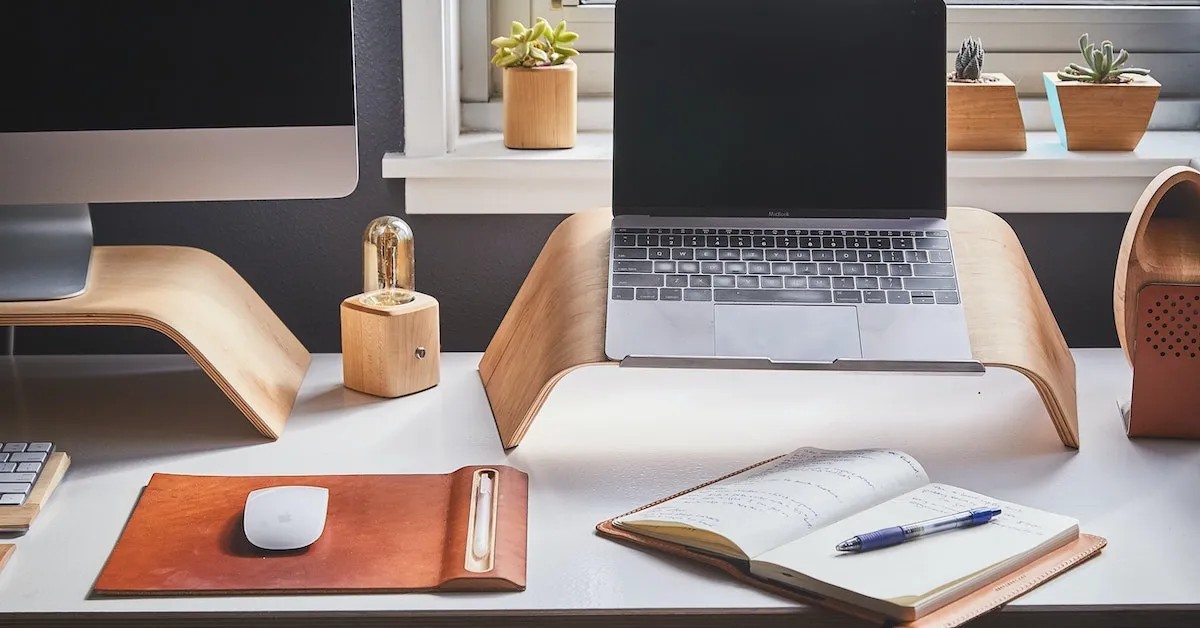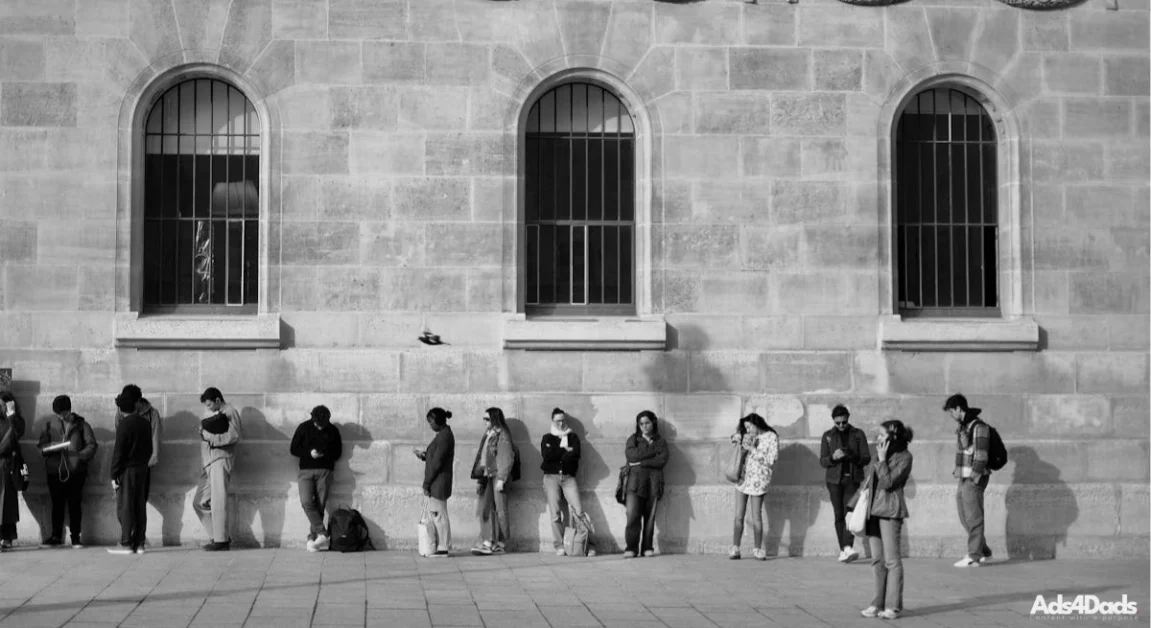Caffeine is a daily ritual for many people but is it doing more harm than good? While coffee culture is rich in tradition and taste, it’s important to be aware of how caffeine impacts your health. As a long-time coffee enthusiast, I once embraced the ritual of freshly ground beans and perfectly brewed espresso. But over time, I began to notice side effects that made me question whether my beloved cup of joe was really worth it.
The Hidden Downsides of Daily Coffee Consumption
Here are eight surprising reasons why I decided to limit my caffeine intake and what I learned in the process.
1. Coffee Can Stain Your Teeth
Yellowish stains started to show on my teeth, which made me wonder what coffee residue was doing to my digestive system. If it can discolor enamel, what’s happening on the inside?
2. Increased Anxiety and Panic Attacks
I noticed my anxiety levels rising, sometimes leading to full-blown panic attacks. Cutting out caffeine helped me feel more emotionally stable.
3. Poorer Sleep Quality
Even with moderate consumption, my sleep suffered. I rarely felt well-rested and often needed coffee just to function, it was a vicious cycle.
4. Allergy-Like Symptoms and Low Energy
From sinus irritation to frequent colds, my immune system seemed off. When I cut back on coffee, many of these issues disappeared.
5. Visual Migraines Linked to Caffeine
On one occasion, after consuming a strong americano and dark chocolate on an empty stomach, I experienced visual migraines while driving. That was a wake-up call.
6. Withdrawal Headaches
If I skipped coffee or had too much, I’d get pounding headaches. Switching to green tea gave me just enough lift without the crash.
7. Heart Palpitations from Strong Coffee
Heavy doses of espresso sometimes caused heart palpitations. Even if you’re healthy, high doses of caffeine can strain your cardiovascular system.
8. Teeth Grinding and Gum Recession
Nighttime teeth grinding led to irreversible gum recession. After cutting back on caffeine, I stopped clenching my jaw at night and finally started sleeping better.
Why I Switched to Green Tea
Green tea still contains caffeine, but it’s gentler on the body. Since switching, my sleep has improved, I feel more relaxed during stressful situations, and I no longer grind my teeth at night. You can learn more about improving dental habits in our article Daily Dental Hygiene Tips for a Healthier Smile.
Important Things to Know About Caffeine
Even “decaf” coffee or tea contains caffeine, just in lower amounts. If you’re pregnant or trying to conceive, speak with your healthcare provider about your daily intake. Track how much caffeine you consume, and write it down in milligrams. For general guidelines, visit this helpful article from the Mayo Clinic.
Healthier Alternatives to Caffeine
Feeling sluggish? Try drinking more water, taking a B-complex vitamin, or snacking on an apple for a natural boost. These habits offer clean energy without the crash, and they’re easy to integrate into your routine.
Frequently Asked Questions
It depends on your body’s sensitivity. Some people tolerate it well, while others experience side effects like anxiety, poor sleep, or heart palpitations.
Yes. Many people report reduced anxiety and improved mood after cutting back or eliminating caffeine from their diet.
Watch for symptoms like headaches, insomnia, restlessness, or increased heart rate. If these sound familiar, it might be time to cut back.
Decaf still contains small amounts of caffeine, usually around 2 to 15 mg per cup. It’s less than regular coffee but not zero.
Conclusion: Listen to Your Body and Choose Wisely
While coffee is beloved by many, it’s important to pay attention to how your body reacts. From anxiety to dental issues, the effects of caffeine can add up over time. Choosing gentler alternatives like green tea or simply reducing your intake can have lasting health benefits. Whether you go cold turkey or take a gradual approach, the goal is to support your well-being with mindful choices.

